Covid-19: how Iceland became the first European country to control the coronavirus
Oddly Margret Latansdottir in one of Iceland's reopened pools, as well as restaurants and nightclubs
It is a fact that Iceland is a remote island in the North Atlantic, with only one international airport and a population of less than 500 thousand people. So, it would be easy to attribute to these circumstances the fact that the country is the first in Europe to practically get rid of the covid-19.
But if you tell the Icelanders that, it will create enmity. When you look beyond the geography and analyze the details, you can understand why the local population is proud of their success in the face of the pandemic.
On a recent Thursday night, young people fill a karaoke hall in Reykjavik, the capital of Iceland. They sing, hug and exchange kisses.
t is an example of normalcy in everyday life, along with reopened restaurants, concerts and everything that the rest of Europe and the world still crave. At the time of publication of this report, there were only 20 active cases of covid-19 on the island. One person is hospitalized, in a country that accounted for only 29 deaths in total, or 8.5 per 100,000 inhabitants (in Brazil, this index is 142.1).
"We immediately decided what we would do: testing, tracking contacts and isolating everyone who was diagnosed (with covid). We did this aggressively, from day one."
This contact tracking team, alongside real detectives, started working before Iceland even registered its first case of the disease.
Today, a hotel in the center of Reykjavik continues to be guarded by metal bars and by a man, Gylfi Thor Thorsteinsson.
"Welcome to the isolation hotel," he says. Thorsteinsson left a marketing job last year to open the hotel, the destination for all people diagnosed with the new coronavirus in Iceland.
"On the first day, most of my team just left or refused to work," he says.
Gylfi Thorsteinsson left a marketing job to manage the hotel that houses covid patients
Gradually, they were coming back. Ultimately, Thorsteinsson and his staff ended up taking care of more patients than all Icelandic hospitals combined.
Every day, he dresses from head to toe with PPE (personal protective equipment) to enter each patient's room and keep them company. "It has been a journey, never knowing what the new day will bring," he says.
At the moment, the hotel houses only a handful of patients, but it is a scenario that Iceland has seen before. The country had managed to control the first wave of covid-19 quickly, to the point that, in May 2020, it was considered free of the disease. That status lasted a few months, until the country was hit, unexpectedly, by a second, more ferocious wave, after two tourists with positive tests of covid-19 had broken the rules of isolation.
By that time, however, Gylfi had already closed his hotel and even had a farewell party for his team.
"We really thought we had won (the virus)", he recalls. "But then I got a call saying he was back. In half an hour, I reopened the hotel, and people have been sent here ever since."
The isolation hotel in Iceland: the site was closed, but when the virus returned, it reopened - and remains open today
The difference is that now they come straight from the airport: after eradicating the virus from society, Iceland has made it mandatory, since June 2020, for anyone arriving in the country to be quarantined and subjected to covid-19 tests before leave the airport.
Landing testing, a measure that took a long time to be adopted by many countries, took effect in Iceland a few months after the start of the pandemic.
Asked by the BBC whether this gave Iceland an advantage, Gylfi, the hotel's owner, replies: "It was the scientists who determined the rules, not the politicians. It matters. They know what they are talking about; the politicians do not."
At every step, Iceland was guided by science, spearheaded by Gudnason and his team. Politicians did not even participate in the daily newsletters related to the pandemic.
Iceland has been led by Prime Minister Katrin Jakobsdottir, 44, since 2017. For her, pandemics and politics are two words that do not go together.
In an interview with the BBC, she says she was excited to advocate rigorous testing, contact tracking and social isolation, in an attempt to save the country from more drastic lockdowns - which, to a large extent, it was possible to do.
Nightlife has returned to normal in Reykjavik - something attributed mainly to the efficiency of contact tracking of infected people
But she adds that relegating the command to the scientists did not mean relaxing: "This pandemic has been making me insomniac for a year now. I just wish that all this would end so that I can talk about politics again."
At the same time, the country received unexpected help early on. Reykjavik is home to one of the world's leading genetics companies, chaired by Kari Stefansson, a man in his 70s who achieved celebrity status in Iceland.
As soon as the virus was detected on the island, Stefansson agreed to give up its state-of-the-art laboratories to monitor covid-19 cases.
"At first, (the pandemic) it looked like it would cause the extinction of mankind, so we dived deep (at work)," he tells the BBC during a visit to the laboratory. "We are a small community. We all knew that we would be able to do this (beat the virus), so it was clear that we would have to do it."
Since then, his team has sequenced all positive covid cases to understand how the virus was spreading and mutating. As the virus mutates every four transmissions, in 25% of cases they are able to identify which patient has infected whom.
With the containment at the airport, for months, Iceland was able to prevent the British variant (which, like the Brazilian, is considered more infectious) from entering the island. However, during the BBC's visit, Kari Stefansson's team noted that a case of contamination managed to escape surveillance and cause a second infection.
This second infected person went to work (in a hospital) and then attended a show with 800 other people, entitled to social interactions in a bar during the show. It looked like a new disaster was brewing, but the BBC report could then testify to the importance of a strong tracking system.
Within hours of discovery, everyone involved had been contacted. In a few days, more than a thousand were tested. Two new cases were identified and isolated at the hotel.
With volcanoes, earthquakes and constant avalanches, the pandemic is considered only an additional concern on the island
Thus, the variant was contained, before it could cause the devastation it still causes in the rest of Europe.
"In general, we are an untamed country, but we have done well in crises," says Stefansson.
Putting science aside, it is impossible to ignore the role of Iceland's peculiar geography in its success against the virus. The volcanic island, with so many eruptions and avalanches, is used to dealing with disasters.
The country recently spent weeks experiencing a series of earthquakes a day, followed by a volcanic eruption. The pandemic is, therefore, just an additional catastrophe over there. The prime minister even says that she has allocated employees to deal with both crises at the same time.
At the isolation hotel, Gylfi Thor Thorsteinsson says that while he still shelters patients with covid-19 there, "we are in control".
"This is the spirit that we maintain. We are winning," he says. He points out, however, that it is too early to celebrate: "We are not going to have 'farewell to the covid' parties anymore. Not for now."
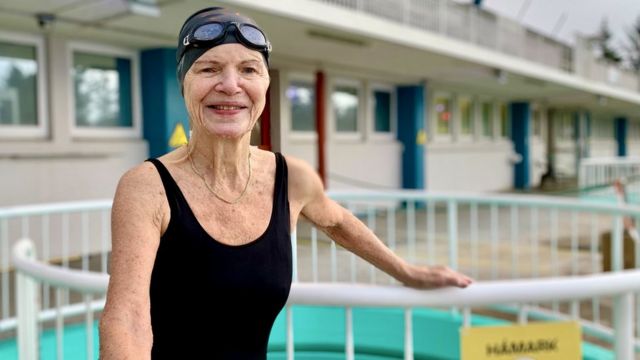
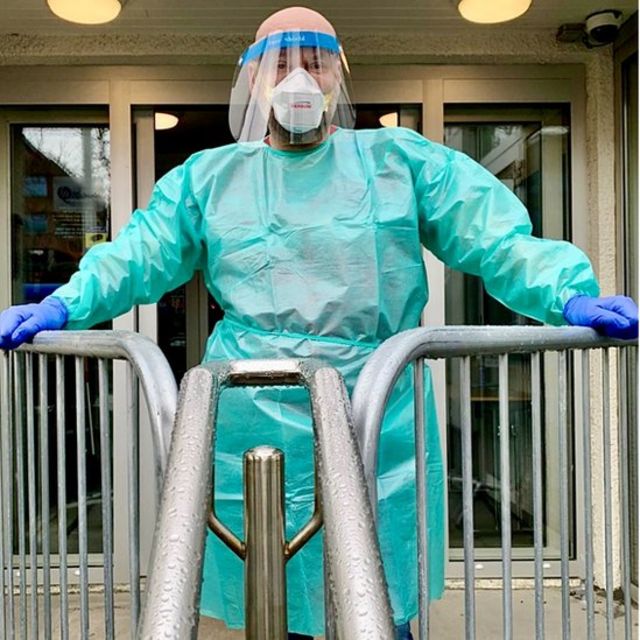
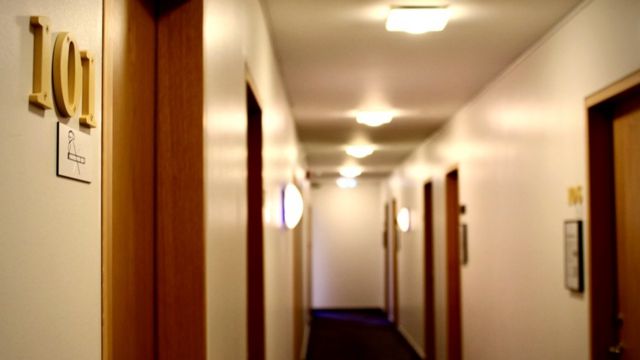
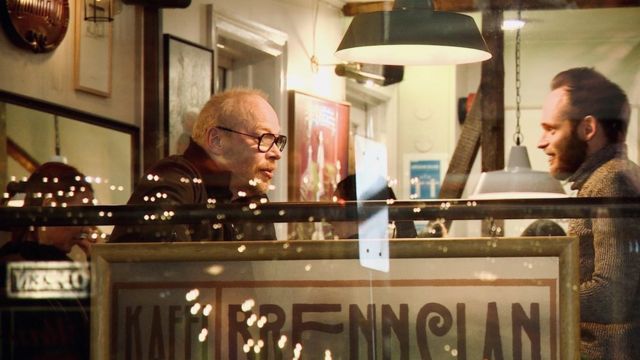
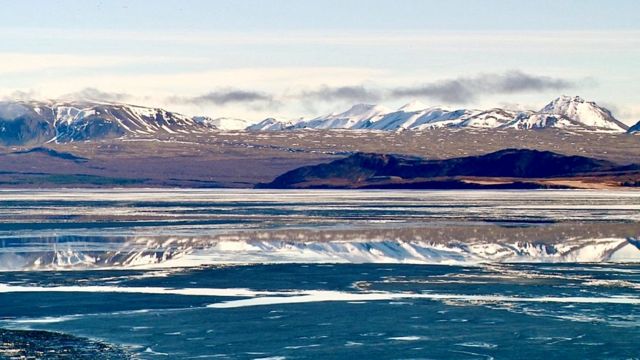

No comments:
Post a Comment